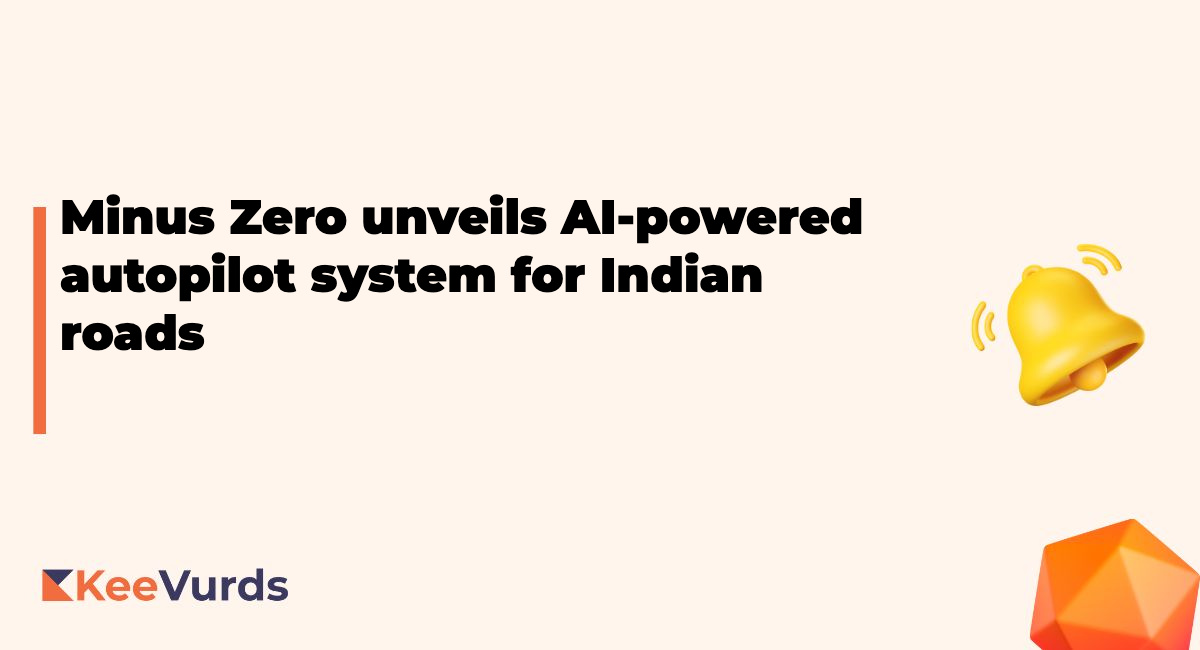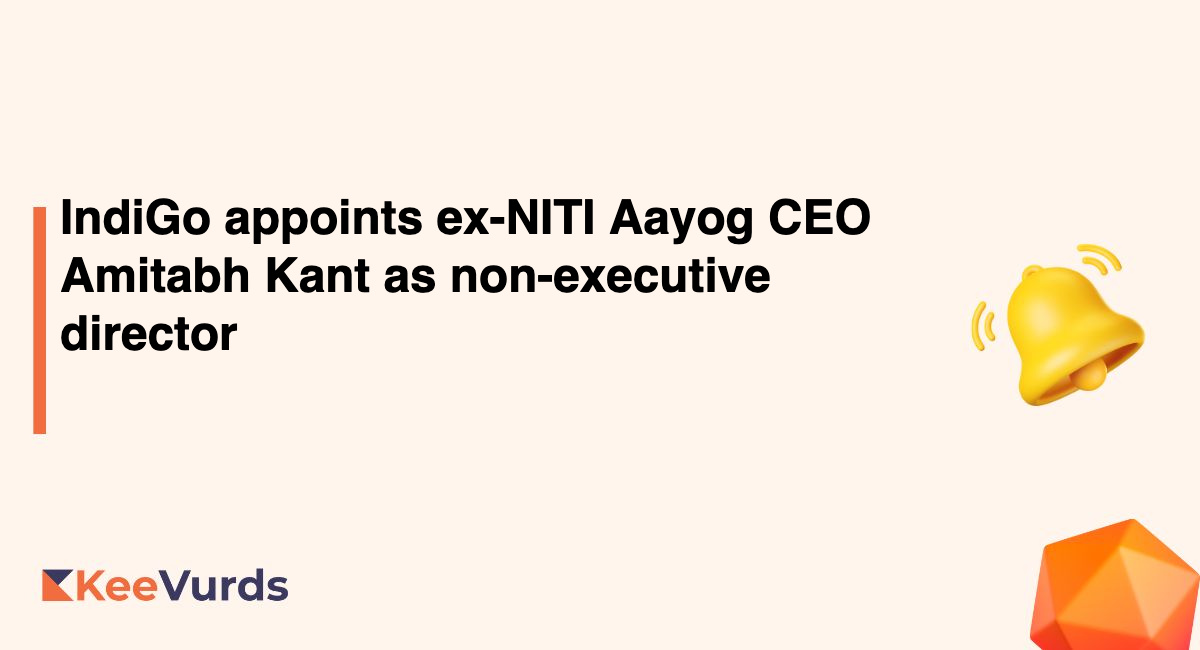Autonomous mobility startup Minus Zero has introduced an innovative autopilot system tailored for the unique challenges of Indian road conditions.
The Bengaluru-based company has developed a vision-based solution that can navigate unstructured roads, often characterized by limited or absent lane markings, while effectively managing unpredictable obstacles, including animals and two-wheelers.
Self-Supervised Learning for Enhanced Performance
What sets Minus Zero apart is its adoption of self-supervised learning techniques. Unlike traditional rule-based systems that rely heavily on human-labeled data, this approach allows the autopilot to learn from vast amounts of raw data.
This capability is crucial for adapting to the diverse and ever-changing landscape of Indian traffic, making the system more resilient and efficient.
Moreover, Minus Zero’s system is designed to be cost-effective. By eliminating the need for expensive LiDAR sensors and high-definition maps, the startup has created a minimal hardware stack that prioritizes vision technology. This not only reduces deployment costs but also simplifies the integration process for automotive manufacturers.
Testing and Future Prospects
The autopilot system has undergone rigorous testing on the challenging streets of Bengaluru, marking a significant milestone in applying foundational AI models to autonomous driving in India.
It has demonstrated an impressive ability to adapt to novel environments and handle previously unencountered obstacles effectively.
Looking ahead, Minus Zero is collaborating with various original equipment manufacturers (OEMs) to expedite the system’s market introduction within the next two years. This strategic move positions the company as a leader in India’s burgeoning autonomous driving sector, contributing to the development of competitive deep-tech solutions tailored for local conditions.
As the world moves towards more advanced mobility solutions, Minus Zero’s groundbreaking technology stands poised to transform the landscape of transportation in India, making autonomous driving a viable option for everyday users.




